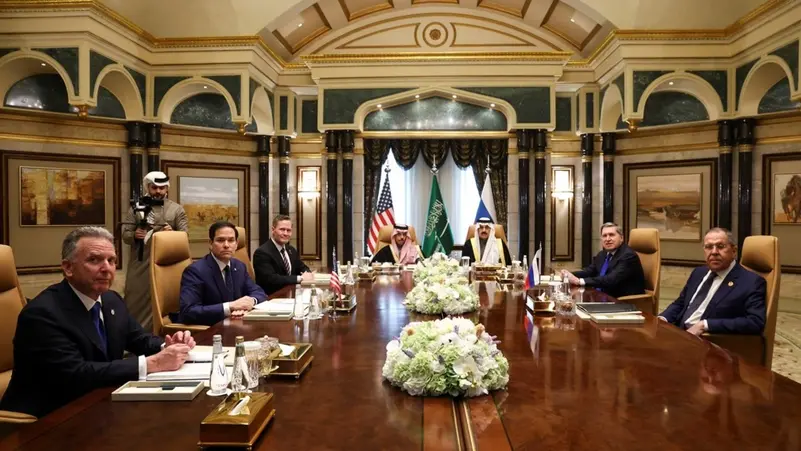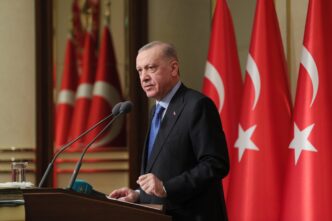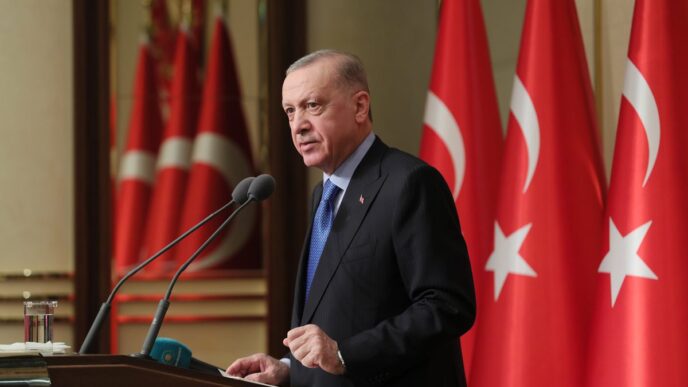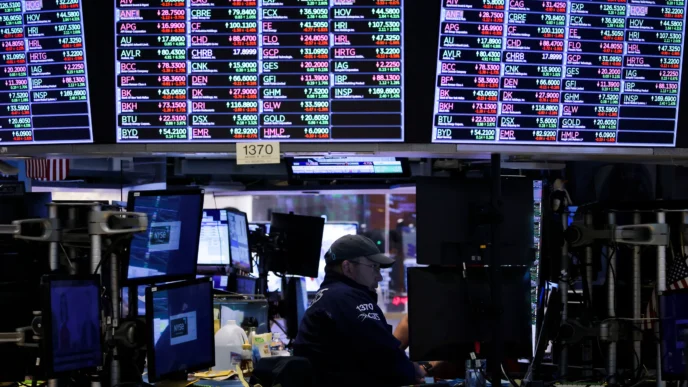U.S. and Russian officials convened in Saudi Arabia on Monday for discussions aimed at advancing a potential ceasefire in Ukraine, with a particular focus on a maritime ceasefire in the Black Sea. The meeting followed negotiations between U.S. and Ukrainian representatives a day earlier, as diplomatic efforts to de-escalate the ongoing conflict continue.
The United States has indicated that the primary objective of the Black Sea ceasefire would be to ensure the safe passage of commercial shipping, though the region has not witnessed significant military activity in recent months. Kremlin spokesperson Dmitry Peskov acknowledged the talks, emphasizing that maritime security remains a priority and referencing a previous Black Sea shipping agreement from 2022 that did not meet Russia’s expectations.
Key Figures in the Negotiations
The U.S. delegation was led by Andrew Peek, a senior director at the White House National Security Council, and Michael Anton, a senior State Department official. Representing Russia were Grigory Karasin, chairman of the Russian Federation Council’s Foreign Affairs Committee, and Sergei Beseda, an adviser to the director of the Federal Security Service (FSB).
During a break in the discussions, Karasin described the negotiations as “creative,” noting that both sides had addressed various points of contention in U.S.-Russia relations.
Diplomatic Efforts and Differing Perspectives
Former U.S. President Donald Trump, who has advocated for ending the conflict, has reportedly expressed optimism about the progress of the talks. However, skepticism remains among European nations regarding Russian President Vladimir Putin’s willingness to make substantial concessions. Critics argue that Russia’s demands—including Ukraine’s formal withdrawal of NATO aspirations and territorial concessions in four contested regions—have remained unchanged since the invasion began in 2022.
Despite ongoing hostilities, the Kremlin has stated that Russia is adhering to a self-imposed 30-day moratorium on attacks against Ukrainian energy infrastructure. However, Ukraine has accused Russia of violating this pause, which Moscow denies.
Discussion Topics and Future Steps
Beyond maritime security, the negotiations in Riyadh have reportedly addressed broader issues, including the potential establishment of a line of control between Russian and Ukrainian forces. Other topics under discussion include verification measures, potential peacekeeping initiatives, and humanitarian concerns, such as the return of Ukrainian children taken to Russia.
The Kremlin has also reiterated its interest in reviving the Black Sea Grain Initiative, originally brokered by Turkey and the United Nations in 2022. This agreement facilitated the export of nearly 33 million metric tons of Ukrainian grain despite the war. Russia withdrew from the deal in 2023, citing restrictions on its own agricultural exports, though it is not currently facing significant challenges in exporting grain via the Black Sea.
Assessing the Path to Resolution
Ukrainian Defense Minister Rustem Umerov stated that U.S.-Ukraine discussions have focused on enhancing the protection of energy infrastructure and other critical facilities. Meanwhile, U.S. special envoy Steve Witkoff, who recently met with Putin in Moscow, has sought to reassure NATO allies that any agreement with Russia would not embolden further military action.
Speaking to Fox News, Witkoff dismissed concerns that Russia seeks broader territorial expansion in Europe, stating that he believes Putin is open to a negotiated resolution.
While both Moscow and Washington acknowledge the need to move toward a settlement, significant differences remain, with further negotiations expected to take place in the coming weeks.


